Homegrown vegetables and herbs are more delicious, nutritious, and sustainable than store-bought food. But growing your own food can be challenging sometimes especially if you are limited by space, poor soil, limited budget, or all of them.
Keeping top-quality home-grown produce on your table all year round is not so difficult if you follow the steps I’ve gathered for you for this week’s Prep Blog Review. If you have any other comments or ideas, please share them in the comment section.
- Succession Planting – How To Get The Most Of Your Garden This Year
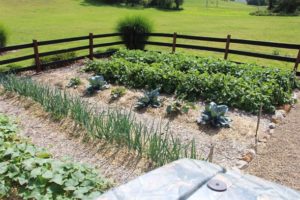
Succession planting is all about sowing the right amount of seed to have plants to feed your family for a specific period of time. As the growing season progresses, seed is planted again a few weeks later so that the harvest will be spread out accordingly.
With succession planting, you can keep fresh produce coming all season long
We have all been there. We plant a huge area of lettuce, beans or corn all at once. And then of course, it matures all at the same time. Before you know it, you become overrun by more produce than you can possibly consume. The result – a large part of the crop goes to waste.”
Read more on Old World Garden Farms.
- Alternative Soil Conditioners For Organic Gardening
“The soil in your garden is a very complex structure of elements and it has both advantages and disadvantages. To improve the soil and keep a successful garden you need to apply soil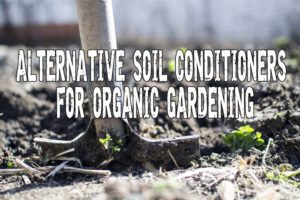
Over the years I’ve experienced with various types of soil conditioners since I had to work with poor soil in my garden.
I was surprised to discover that there are other organic materials that you can dig into your soil.
You can use these soil conditioners as mulch to help improve drainage or water-holding capacities.”
Read more on Prepper’s Will.
- 7 Best Flowers For Your Vegetable Garden
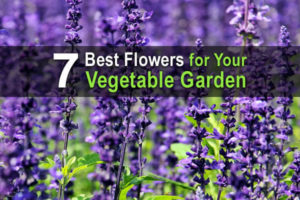
The more nectar that your garden has available, the more balanced of an ecosystem you will have, since only a small number of insects are actually pests.
The more insects you have, the less chance your garden ecosystem has of getting out of balance and pests taking over.
Flowers have other benefits to the garden as well, including use as ground covers, nutrient accumulators, and aromatic pest deterrents, among other functions.
With this in mind, we’ll take a look at some of the best companion plant flowers for your vegetable garden.”
Read more on Homestead Survival Site.
- 10 Common Herbs You Should Know And Use
“Using herbs in cooking – fresh or dried – increases the flavour and taste of your food and often improves the visual appeal. Most of us want our food to look good. Have you ever looked through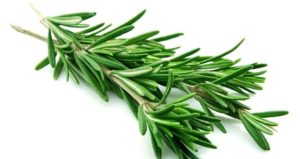
Everyone’s mother had a set, I think.
Despite what the recipe might actually have tasted like, we are turned off by mashed potatoes and steamed fish covered in white sauce or an Easter ham dressed up to look like the Easter bunny.”
Read more on Just Plain Living.
This article has been written by Drew Stratton for Survivopedia.
from Survivopedia
Don't forget to visit the store and pick up some gear at The COR Outfitters. How prepared are you for emergencies?
#SurvivalFirestarter #SurvivalBugOutBackpack #PrepperSurvivalPack #SHTFGear #SHTFBag

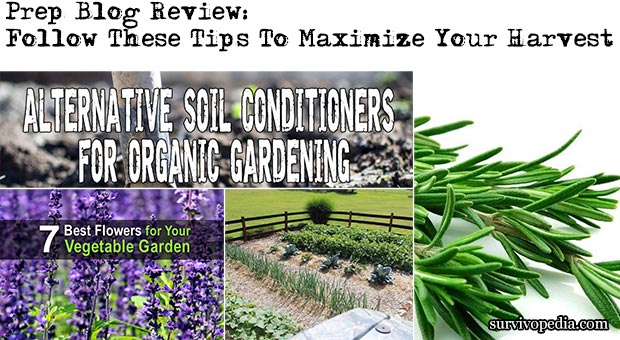

No comments:
Post a Comment